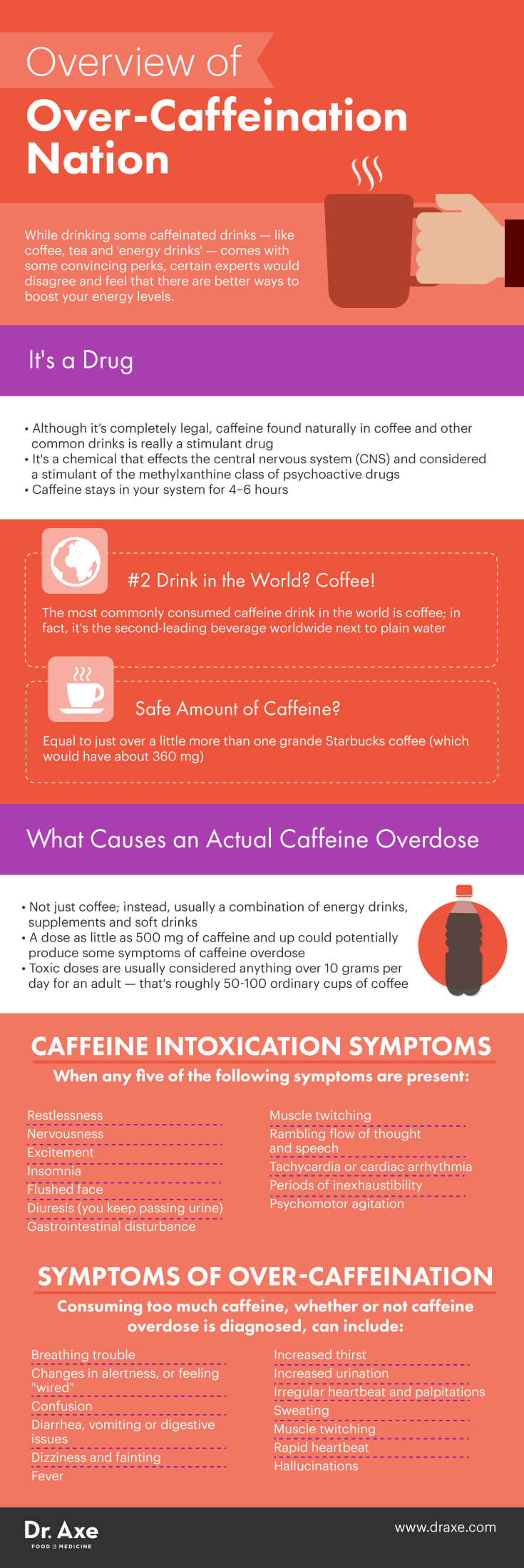
Within thirty minutes after your first cup of joe, caffeine peak absorption occurs, stimulating your nerves and causing adrenalin to be released. Adrenaline increases your heart rate, which results in more blood pumped per minute. This blood carries extra oxygen to your brain, making you feel more alert.
No wonder coffee is the go-to drug for most of the working class which has to wake forcefully at 7 AM, catapult a bagel down the mouth and catch that morning commute. For the seriously sleep deprived, though, coffee becomes essentially useless after only three days of sleeping five hours per night.
The finding was made by Tracy Jill Doty, a research scientist at Walter Reed Army Institute of Research, and colleagues. The team enlisted 48 healthy volunteers for their double-blind, placebo-controlled study.
For a total of five days, participants were restricted to only five hours of shut-eye each night. Volunteers were given either a 200mg portion of caffeine or a placebo — twice daily. During the wake periods, every hour the researchers would run cognitive tests on the participants like the Profile of Mood States (POMS), and the Stanford Sleepiness Scale (SSS).
“We were particularly surprised that the performance advantage conferred by two daily 200 mg doses of caffeine was lost after three nights of sleep restriction,” Doty said about the study’s results due to be published in the journal Sleep.
It’s very likely that the sleep deprived, like shift workers, noticed this already. The obvious solution is to drink even more coffee, and although the study limited itself to two servings per day, there’s reason to believe the diminishing returns effect occurs after five or even eight cups in a day. Suffice to say, drinking too much coffee can be bad.

Was this helpful?



